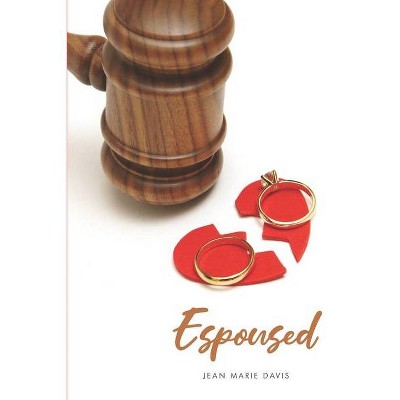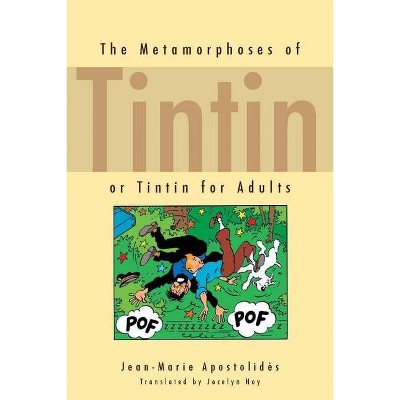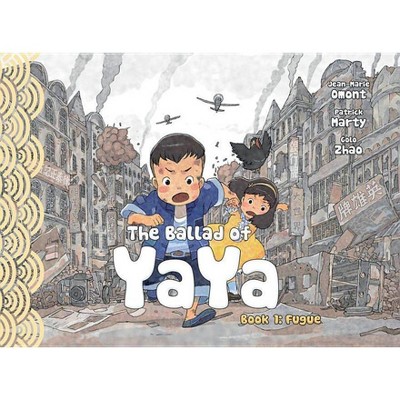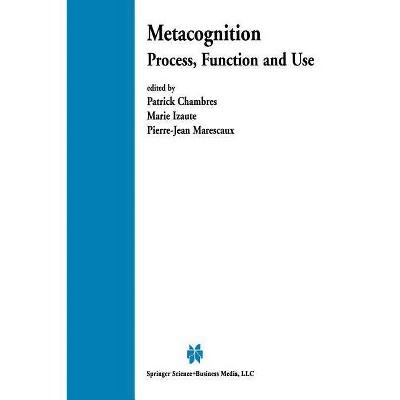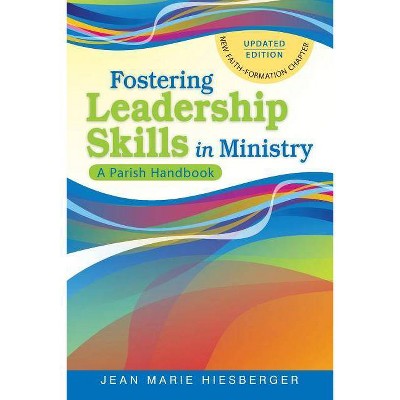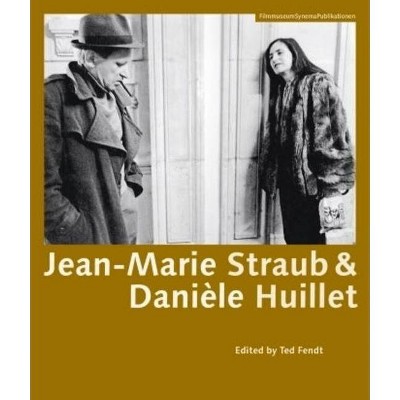The Fog of Peace - by Jean-Marie Guéhenno (Paperback)
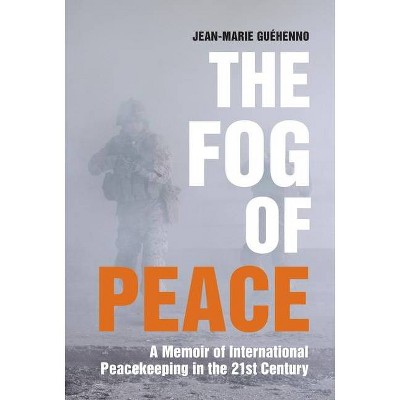
Similar Products
Products of same category from the store
AllProduct info
<p/><br></br><p><b> About the Book </b></p></br></br><p>No small number of books laud and record the heroic actions of those at war. But the peacekeepers? Who tells their stories?</p> <p>At the beginning of the 1990s, the world exited the cold war and entered an era of great promise for peace and security. Guided by an invigorated United Nations, the international community set out to end conflicts that had flared into vicious civil wars and to unconditionally champion human rights and hold abusers responsible. The stage seemed set for greatness. Today that optimism is shattered. The failure of international engagement in conflict areas ranging from Afghanistan to Congo and Lebanon to Kosovo has turned believers into skeptics. <i>The Fog of Peace</i> is a firsthand reckoning by Jean-Marie Guéhenno, the man who led UN peacekeeping efforts for eight years and has been at the center of all the major crises since the beginning of the 21st century. Guéhenno grapples with the distance between the international community's promise to protect and the reality that our noble aspirations may be beyond our grasp.</p> <p>The author illustrates with personal, concrete examples--from the crises in Afghanistan, Iraq, Congo, Sudan, Darfur, Kosovo, Ivory Coast, Georgia, Lebanon, Haiti, and Syria--the need to accept imperfect outcomes and compromises. He argues that nothing is more damaging than excessive ambition followed by precipitous retrenchment. We can indeed save many thousands of lives, but we need to calibrate our ambitions and stay the course.</p><p/><br></br><p><b> Review Quotes </b></p></br></br><br><i>The Fog of Peace</i> is by far the best analysis of UN peacekeeping since Brian Urquhart's indispensable writings on the subject.<br>--David Rieff, <i>New York Review of Books</i> <p/>As can be expected from an author of Jean-Marie Guéhenno's experience and prescience, <i>The Fog of Peace</i> captures well the moral conundrums and diplomatic obstacles that the United Nations and its Department of Peacekeeping face in the post-cold war era. At a time when the international framework established to curtail conflict and human suffering is under increasing pressure, his book provides valuable insights and timely advice on how to strengthen our global security architecture.<br>--Kofi A. Annan, Secretary General of the United Nations, 1997-2006 <p/>In Afghanistan and Sudan I shared with Jean-Marie Guéhenno the accomplishments and the frustrations he portrays in The Fog of Peace. This honest and probing account captures the realities of peacekeeping in the twenty-first century. It is a first-hand recounting of some of the most difficult work the United Nations has undertaken.<br>--Lakhdar Brahimi, former UN Special Envoy to Syria and special representative to Haiti, South Africa, Afghanistan, and Iraq <p/>Jean-Marie Guéhenno is a scholar-diplomat of immense integrity, intelligence, judgment, and charm. He won international respect during his eight-year stewardship of UN peacekeeping--no mean feat given those years coincided precisely with George W. Bush's presidency. What shines through this thoughtful and detailed account is the admirable way in which Guéhenno maintained his own moral compass amid a swirl of competing pragmatic and political imperatives, never succumbing to the weary cynicism that so often afflicts international public servants. We could have no better guide to navigating the "fog of peace."<br>--Gareth Evans, Foreign Minister of Australia, 1988-96, and President of the International Crisis Group, 2000-09<br><br><p><i>The Fog of Peace</i> is by far the best analysis of UN peacekeeping since Brian Urquhart's indispensable writings on the subject.--David Rieff, <i>New York Review of Books</i></p><br>
Price History
Price Archive shows prices from various stores, lets you see history and find the cheapest. There is no actual sale on the website. For all support, inquiry and suggestion messages communication@pricearchive.us
